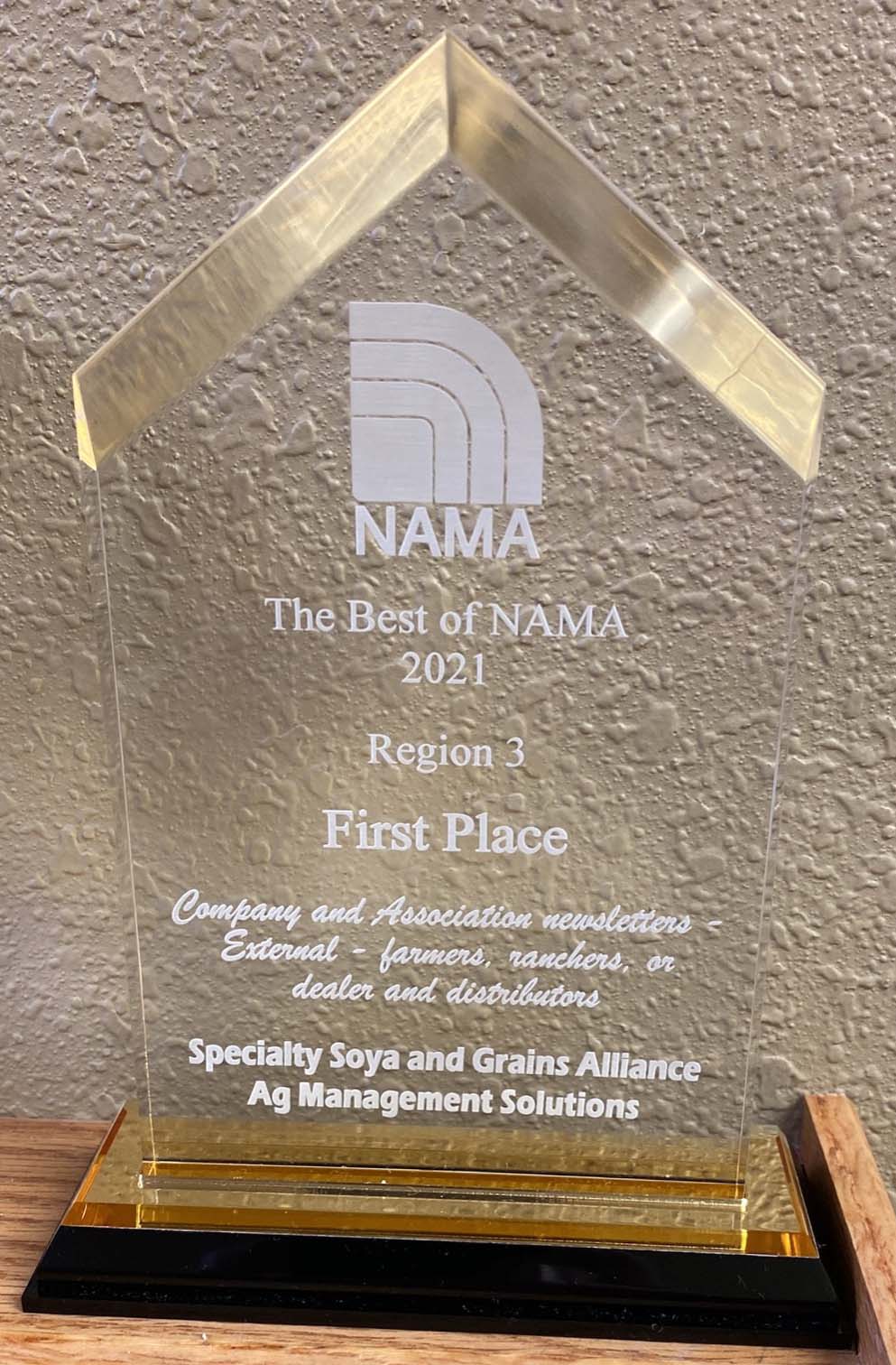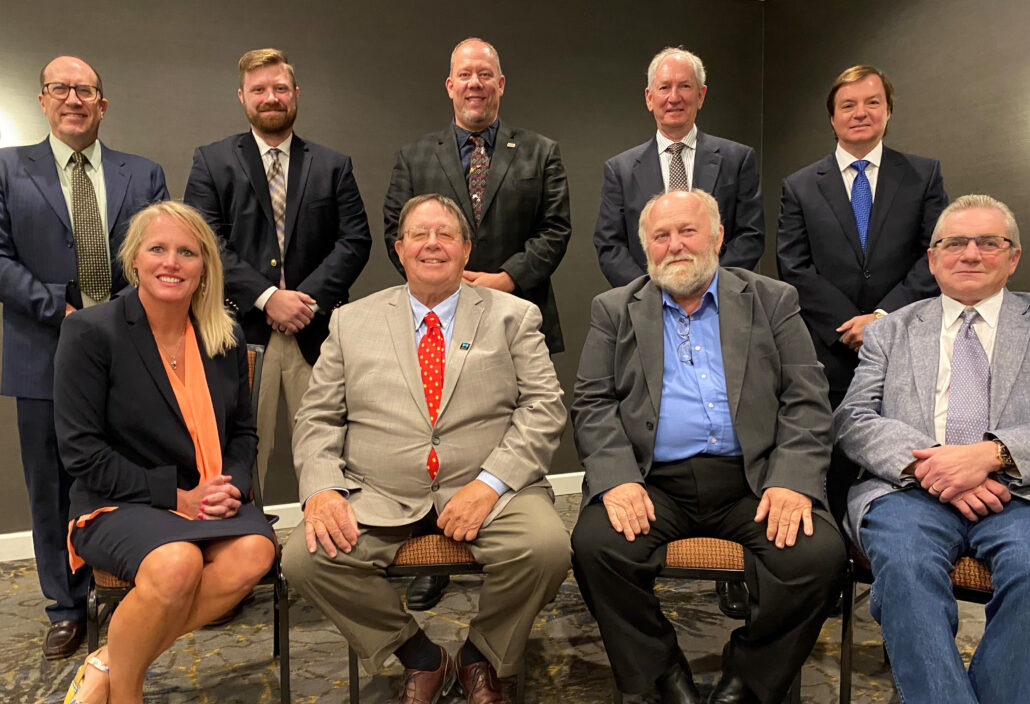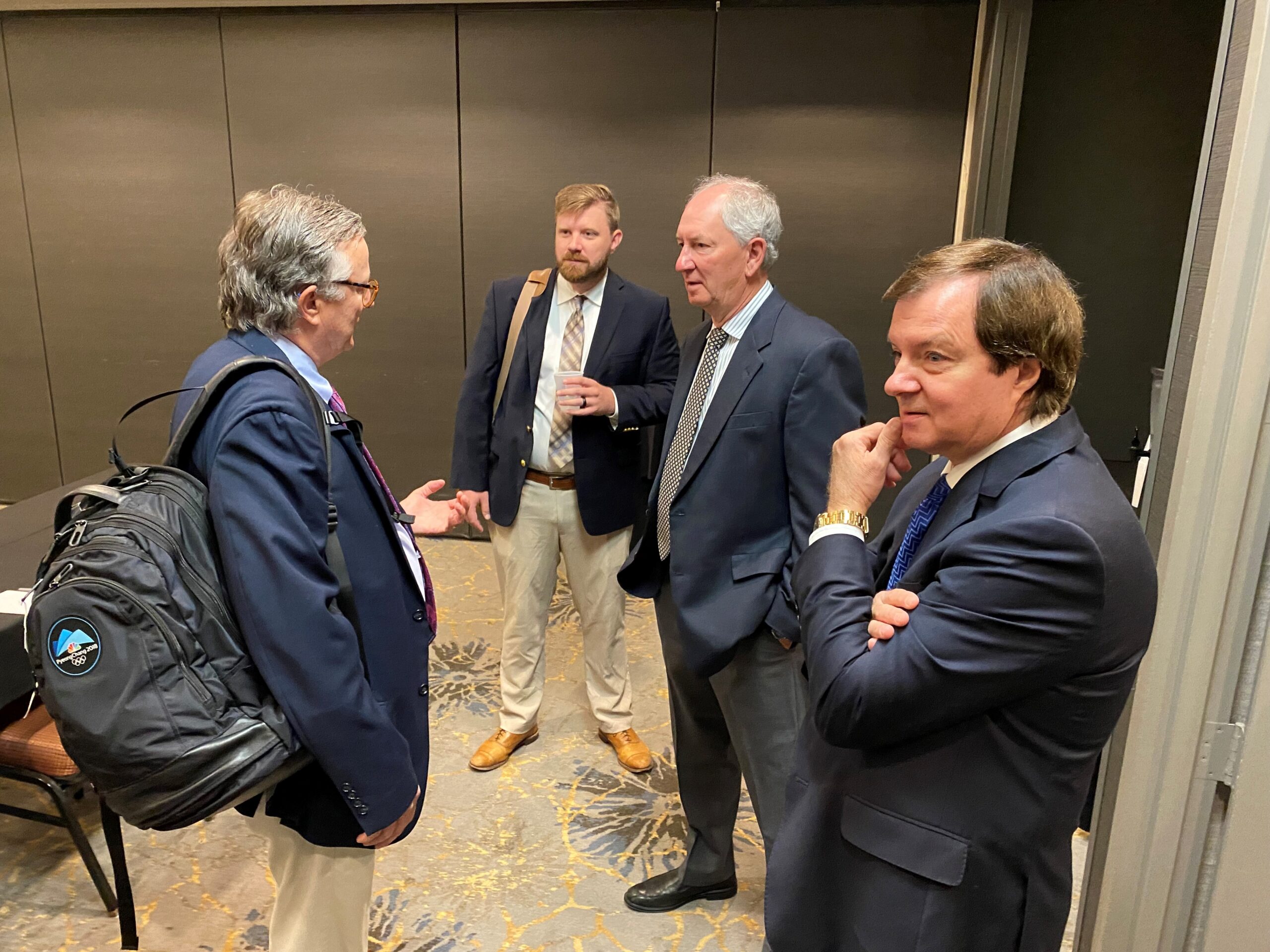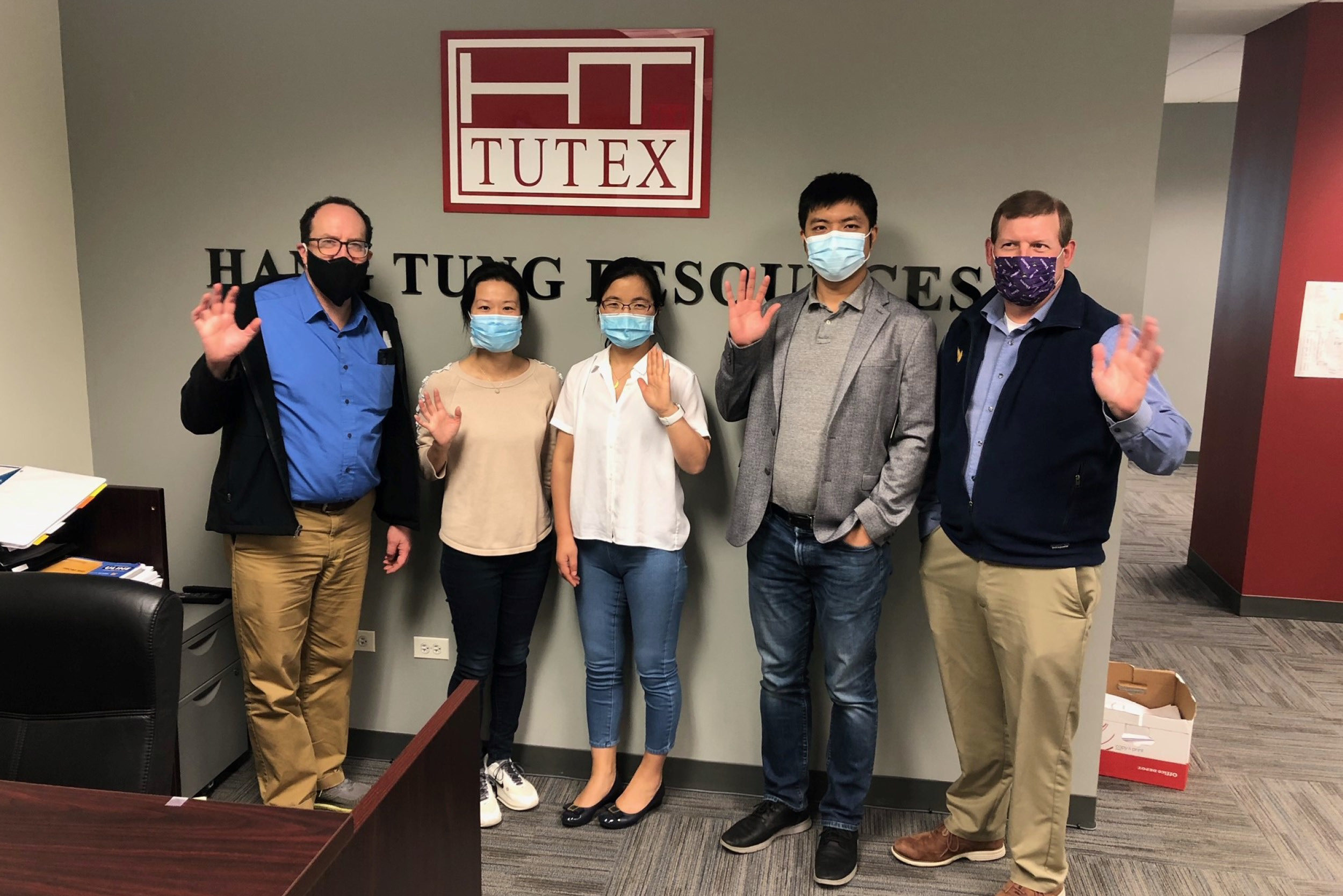For specialty ag exporters, supply chain delays remain major crisis
Situation has reached ‘condition critical,’ in some areas SSGA chairman says
The holiday rush may be behind us, but the supply chain crisis has not subsided, especially for many U.S. agricultural processors located in the Upper Midwest.
Specialty Soya and Grains Alliance (SSGA) members who export high-quality, Identity Preserved grains and oilseeds continue to have major difficulties getting the equipment they need to fulfill their orders and meet the needs of their overseas customers.
Many containers bringing consumer imports to the U.S. continue to be sent back overseas empty instead of inland where ag processors have supplies ready to be shipped.
“Specialty agriculture needs containers for food grade exports due to a food supply chain that has reached a condition critical situation,” said Rob Prather, SSGA chairman and chief strategic ambassador for Global Processing, an Iowa-based company that grows, processes and supplies Identity Preserved, non-GMO soybeans and soy ingredients. “This isn’t just a global supply chain issue; it’s a global food supply security issue.”
The United States produces the finest agricultural products in the world, including Identity Preserved soybeans and specialty grains used around the globe by food and beverage manufacturers. SSGA members’ customers abroad specifically want these products. They’ve ordered them, and they’re waiting for them.
Specialty crops shipped via container are a growing market because of consumer demand around the world. The United States must be a reliable supplier, and that means the supply chain must work for everybody. It is wrong for shipping lines, which have been enjoying record profits throughout this crisis, to deny service to ag exporters. Some SSGA members have reported they are able to ship just 40-60% of their orders because of these continuing supply chain issues.
“Dialogue must continue, and SSGA is calling on companies throughout the supply chain to participate and find ways to reposition containers where possible and unclog this system, which is so vital to the global food supply,” said Eric Wenberg, SSGA executive director. “As an American, I am surprised that one our country’s top exports is air -– in the form of empty containers. Let’s slow down the system enough so we can put something in those empty containers.”
SSGA was among the first groups to sound the alarm on the supply chain crisis, and that was 15 months ago. Continued lack of service, carrier cancelations, delays and rising freight rates and fees have made the situation as difficult as it’s ever been, according to some SSGA members.
This hasn’t just affected business either. There are real people working to make sure every link in the supply chain remains strong, and the human toll has caused hardships to logistics staffs, as well as farmers, truckers, suppliers and customers.
SSGA supported the Ocean Shipping Reform Act that overwhelmingly passed the U.S. House of Representatives in December and is encouraging the Senate to move forward with the legislation, which would strengthen the Shipping Act and prohibit ocean carriers from unreasonably declining opportunities for U.S. exports.
More solutions are needed and fast. While time is of the essence, SSGA is hosting a shipping conference, Transportation Go, March 3-4 in Milwaukee, Wisconsin, and encourages anyone interested in solving this crisis to join us bring your best ideas to the table. More information at transportationgo.com.

 Working with Ag Management Solutions (AMS) in Mankato, Minnesota, SSGA was recognized for its twice-monthly e-newsletter, which received first place in the category of Company and Association Newsletters – External.
Working with Ag Management Solutions (AMS) in Mankato, Minnesota, SSGA was recognized for its twice-monthly e-newsletter, which received first place in the category of Company and Association Newsletters – External.

 United States Soybean Export Council, Southeast Asia Team; Singapore and regional representatives
United States Soybean Export Council, Southeast Asia Team; Singapore and regional representatives Darwin Rader, International Sales Manager, Zeeland Farm Services; Michigan and Iowa
Darwin Rader, International Sales Manager, Zeeland Farm Services; Michigan and Iowa Andy Bensend, grower, entrepreneur, AB Farms & AB Farm Services; board member Wisconsin Soybean Marketing Board; Dallas, Wisconsin
Andy Bensend, grower, entrepreneur, AB Farms & AB Farm Services; board member Wisconsin Soybean Marketing Board; Dallas, Wisconsin




